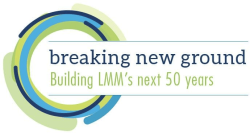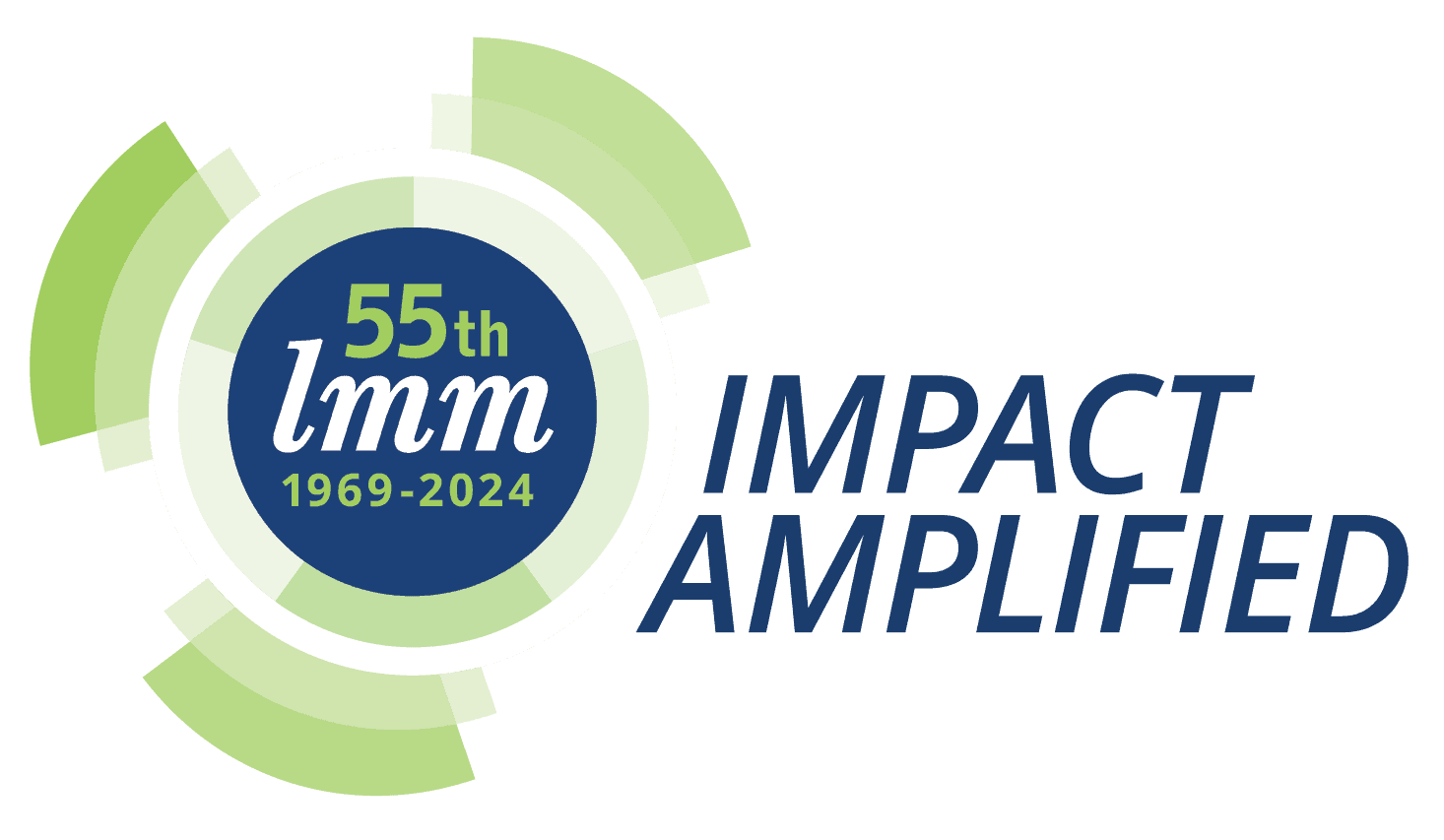May 30, 2023
Consumer Financial Protection Bureau
1700 G St., NW
Washington, DC 20552
Federal Trade Commission
600 Pennsylvania Ave., NW
Washington, DC 20580
Re: Response to Request for Information, Docket ID FTC-2023-0024
Dear Federal Trade Commission and Consumer Financial Protection Bureau,
I write on behalf of Lutheran Metropolitan Ministry, a 54-year-old non-profit that provides housing and shelter, workforce development, and guardianship services in the city of Cleveland and across Northeast Ohio. In 2022, we served 4,678 individuals and the agency employed more than 150 people. We appreciate the opportunity to comment on the challenges individuals face when looking for safe and affordable housing and share how tenant screening processes related to criminal background, credit score, and eviction history keep individuals in shelter.
LMM’s mission is to promote shalom (peace, well-being) and justice (right relationship) through a Christian ministry of service and advocacy with those who are oppressed, forgotten and hurting. LMM’s Guardianship Services, active in Cuyahoga and Lorain Counties, provides legal guardians to serve as advocates and surrogate decision-makers for indigent adults who cannot care for themselves (and have often encountered abuse or exploitation). LMM’s Workforce Development Department manages a social enterprise called Chopping for Change (C4C) that provides culinary training to women and men who are currently incarcerated in a state prison but are close to being released. These program participants, in partnership with full-time staff, operate a kitchen that provides meals to area homeless shelters.
Additionally, LMM Housing and Shelter Department operates three emergency shelters: the Men’s Shelter at 2100 Lakeside (Ohio’s largest emergency shelter, serving on average 400 men per night); the Haven Home (Cuyahoga County’s family overflow shelter that serves up to 80 women and children per night); and one of the few youth shelters in the County, serving youth ages 13 – 17, experiencing homelessness and/or housing instability. LMM also manages Coventry House I & II, a shared housing model that houses 12 men who have exited homelessness. Finally, LMM is in the process of renovating 20 homes to rent to families leaving homelessness as part of the ‘Breaking New Ground’ campaign.
To provide a clear picture of the negative impact that tenant screening processes have on those leaving emergency shelter and the benefits that come with renting to individuals who have experienced homelessness, LMM hosted a conversation with staff partners at the Men’s Shelter at 2100 Lakeside [Men’s Shelter] in May 2023. This conversation focused on how tenant screening procedures lead people to, and keep people in, shelter. What follows are highlights from a conversation with 11 staff partners who have decades of experience serving those experiencing and leaving homelessness:
- Tenant screening requirements are a major barrier for clients at the Men’s Shelter at 2100 Lakeside wanting to leave shelter. Many residents at the Men’s Shelter have prior justice involvement, no credit history or a low credit score, and/or a history of evictions. These barriers – combined with other legal forms of
discrimination like Source of Income discrimination – can leave an individual to have an extended stay in emergency shelter. - Individuals with past justice system involvement are typically the longest stayers at the Men’s Shelter. This is because there are few protections to limit how criminal background is used in the housing search process. According to one staff member, “[background checks] don’t allow the person to represent themselves. It utilizes their past, not their present or future selves.” Worsening the situation, background searches go back decades, and the findings are typically riddled with incomplete or mistaken information. For example, a common name can lead an individual to be denied housing based on the criminal record of an unrelated person – especially if birthdates are not cross-referenced. In Cuyahoga County, the online criminal record database can be difficult to navigate and leave a property manager with an incomplete understanding of an applicant’s record. In some instances, they may see an individual was charged with a severe offense but miss that they were convicted of something less serious or acquitted.
- In the rare situation when a person can review and appeal background check findings, they may be hesitant to act. Individuals experiencing homelessness may feel they “don’t have a voice” or lack the confidence necessary to advocate for themselves. They may also feel defeated after repeatedly being denied housing. “These situations cause trauma … folks are so depressed, they just give up, they feel trapped and have no hope.” Housing caseworkers at LMM help residents move forward and support them as they navigate the application and appeal process.
- An applicant may also prefer to live in a place where management did not drudge up their past. One client at the Men’s Shelter was denied housing based on incorrect findings on a background check. He appealed the findings with the help of a caseworker, but ultimately decided to move to a different apartment complex, which took four months. Cleveland’s public housing authority – the Cleveland Metropolitan Housing Authority (CMHA) – has a better process for appealing background check findings that often includes a hearing. However, CMHA will still deny an applicant housing for certain types of offenses and due to having an open case.
- Tenant screening processes exacerbate the housing search process at a time when the cost of renting is on the rise. These costs begin with housing application fees that can be as high as $75 dollars. Applicants with criminal records may spend hundreds of dollars only to be denied repeatedly. It is also common for property managers to require renters to provide the first month’s rent, last month’s rent, and a security deposit to access a unit. This level of financial commitment is typically out of reach even for the highest earning residents at the Men’s Shelter, including those earning $15 an hour at Amazon. Staff at the Men’s Shelter view these steep financial requirements as intended to “weed out our [shelter] guys” and as a continuation of the process of Redlining aimed at “keeping people of color, people who are poor from renting houses.”
- The high cost of renting coupled with prospective renters who live outside the traditional banking system add hurdles to the individuals LMM serves. Many residents at the Men’s Shelter do not have a credit card, which is typically required to pay online application fees; may have a low credit score or no credit history; or may have no rental history. One staff member who experienced homelessness shared that he was renting for a long time and paying cash and therefore had no credit. He learned quickly that “having no credit is worse than having bad credit.” Another staff partner shared that property managers refused to rent to him because for 15 years – which included time in prison – he had no credit. The only bright spot is that there is some transparency: property managers must share with the applicant credit report findings from the three main credit bureaus.
- Eviction history was also a common source of frustration and concern among LMM staff. The most common reason individuals are evicted is due to missed rent payment which is typically the result of a job loss.
However, it can also be the result of a tenant putting rent in escrow due to a health and safety violation, and the property manager filing for eviction. Even if the eviction is not ordered by a judge, the Cuyahoga County Housing Court will still put the eviction filing on the tenant’s record. Past eviction filings, in addition to evictions, make it harder for a prospective tenant to approved for future housing and are likely to keep an individual in a cycle of poverty and homelessness. - Aggressive tenant screening processes, coupled with a dearth of affordable housing, “keeps people homeless,” especially people of color. It also perpetuates a racist system where people are denied for past justice involvement which has a disparate impact on Black people. According to The Sentencing Project, Black people in America are five times as likely to be incarcerated as White people. Staff emphasized that the outcome of a particular case will also vary depending on the judge assigned to the case and one’s access to high-quality legal counsel. These outcomes can determine whether someone is convicted of a severe crime like a tier three sex offense which comes with extensive housing related collateral sanctions, or something less severe.
After seeing the effects that tenant screening processes and the lack of affordable housing have on the people LMM serves, the agency opened its first permanent affordable housing resource – a duplex with three bedrooms per side named Coventry House in 2015. All tenants have their own bedroom, but share bathrooms, and communal spaces including a kitchen and backyard. The housing approach emphasizes affordability (rent is capped at 1/3 fair market rent or $379 per month including utilities), low barriers to entrance (no background checks or credit checks are conducted), and vouchers are accepted and encouraged. Coventry House has served 39 tenants and of the 17 who moved out, only 1 returned directly to shelter. Since 2017, when LMM began accepting Rapid Rehousing Vouchers, revenue has stabilized, making the operation financially sustainable. Due to the effectiveness of this model, LMM opened a second duplex in 2021. LMM also rents single-family homes to families leaving homelessness through our Breaking New Ground campaign, and does not conduct background, credit, or eviction history checks.
To address the negative impact of tenant screening policies, LMM encourages the federal government to make criminal history a protected class and asks for limits to the use of eviction history and credit score in the housing search process. LMM also recommends that the government mandate an increase in transparency in the housing search process. Housing is a human right. It is unjust for an applicant to be denied repeatedly without an explanation as to why they were denied. As it is well-known that background checks are often inaccurate, and racially biased, it is only fair that the applicant be provided with the opportunity to review what is found and the chance to refute or explain any findings. Finally, these actions must be coupled with increases in affordable housing. At a time when rental costs continue to rise, more must be done to lessen the barriers individuals leaving shelter face in securing safe and affordable housing.
Thank you for reviewing our comments. Please do not hesitate to reach out to LMM’s Advocacy Director, Margie Glick at mglick@lutheranmetro.org, with any follow-up questions or requests for clarification.
Sincerely,
Maria A. Foschia
President & Chief Executive Officer
Lutheran Metropolitan Ministry






